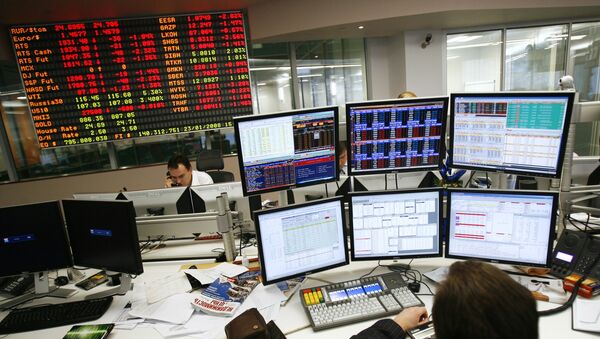"What we see today, local negative effects, is the volatility coming from the outside, from the developing markets. It is connected partly with the sanctions. It all adds volatility to our economy and the growth in the nearest 6-12 months may be not as high as we would like it to be. We also expect increased volatility on the currency market," the minister said at the Eastern Economic Forum.
In turn, another renowned rating agency Moody's has said in a statement that the latest US sanctions "are unlikely to have material credit implications given their limited scope and overlap with previous US government measures." Moreover, the Moody's Investors Service has said an issuer comment that the US restriction policy against Russian state-owned banks was unlikely to cause a system-wide banking crisis in the country.
READ MORE: Fitch: Russia 'Copes Well' With New US Sanctions, Economy Resilient to Shocks
Global trade has been in turmoil with a rise of protectionism, currency instability in a number of countries, wild commodity price fluctuations as well as so-called trade wars involving mainly the United States and sanctions used as a geopolitical tool, with the latter hitting the Russian economy repeatedly. Sanctions have been rolled out against Russia in rounds since 2014 mainly over the Ukrainian crisis, while the United States began introducing higher import tariffs since Donald Trump became president last year.



